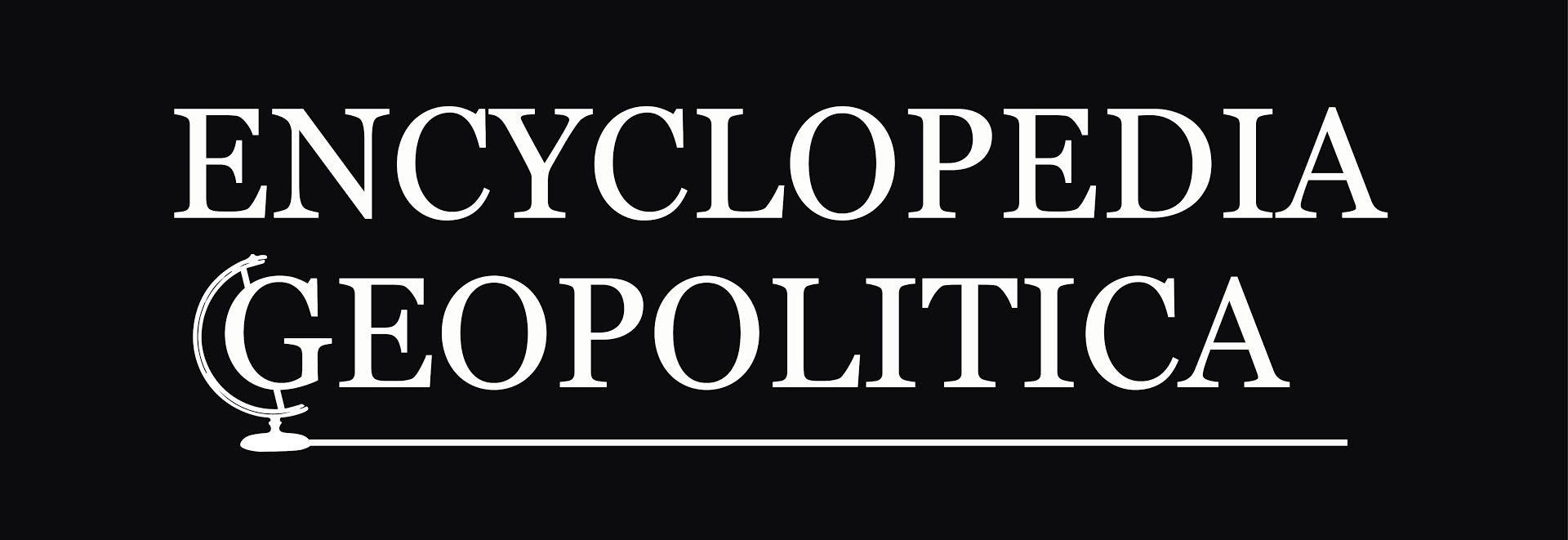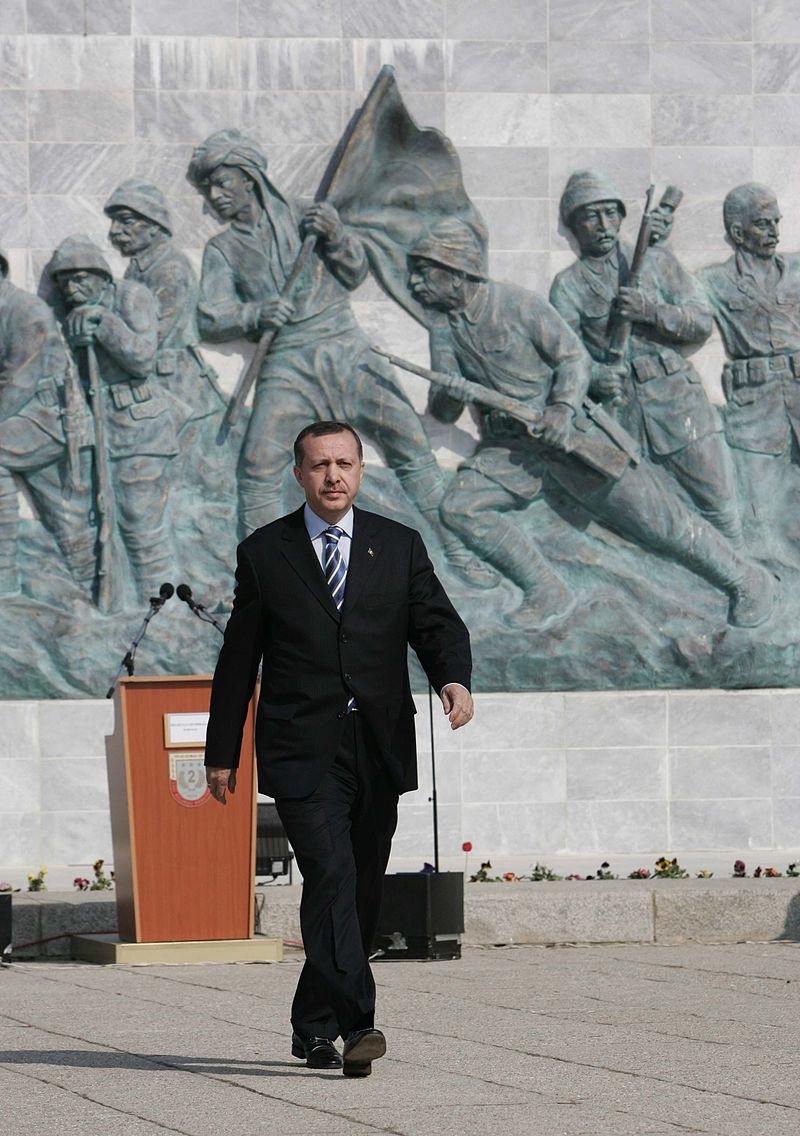The new course being plotted by Turkey’s government is increasingly raising concern in the EU; its heavy-handed attempts to find and crush threats to the rule of President Recep Tayyip Erdoğan, its move away from secularism to the primacy of religion, and its cosying up to Russia have all set off alarm bells in Europe and Washington. These are all changes that the Western world does not wish to see in Ankara, but few have asked whether we caused this ourselves. It is time to ask whether we are responsible for the changes in Turkey and whether we could do more to stop it from unravelling further.
For an in-depth, bespoke briefing on this or any other geopolitical topic, consider Encylopedia Geopolitica’s intelligence consulting services.
Throughout this article always remember Turkey’s primary ambition: EU membership.
Turkey has been desperate to join the EU for decades now. Frictionless trade and the free-movement of labour would have benefited its economy and given employment opportunities to its burgeoning youth, while cementing its national status as both a European and Asian power. It is geopolitical common sense that stronger economic ties lead to greater political ties, therefore imagine how much closer Turkey would be to Europe at this very moment if it had been given membership of the EU.
Now take this idea and observe it through the prism of the coup two years ago; by benefiting Turkey economically, some of the motivations behind the failed coup of July 2016 could have been undermined. Though the reasoning – and indeed even the actors – behind the coup remain blurred, it is a simple enough deduction that a more economically stable, prosperous country is less likely to undergo seismic political shifts in the form of military coups. Erdoğan’s authoritarian ambitions would have been better restrained within the EU rather than out of it.
Unpleasant developments such as mass detentions without trials, press and academic censure, and sweeping new executive powers would have all been hopefully less likely under the guidance of Brussels. While this is not to deny the existence of autocratic powers on the rise within the EU, but to highlight the greater effectiveness of shaping the future of a member rather than a client. In this sense, negative reinforcement through subsidy suspension and diplomatic pressure is more effective when the subject has more to lose in the way of tariffs, trade, and free movement. As it currently stands, Turkey isn’t losing too much that it can’t find elsewhere. Furthermore, the EU has reacted negatively to Erdogan’s crackdown (over 100,000 Turks have been arrested by the government apparatus) by effectively freezing him out of business as usual with Europe. It isn’t a major stretch to consider that more nuanced, successful pressure could have been placed on Turkey, the member state, as opposed to Turkey, the periphery if they had brought them into the fold years ago.
Of course simply opening borders is not as easy as it sounds. Despite mass migration concerns, given how many young Turkish males already work in Germany and given how many Eastern Europeans have moved West since their nations joined the EU then it is unlikely that Turkey’s entrance into the bloc would have created a staggering shift in demographics that hasn’t already been seen elsewhere. The Turkish population largely follows Islam, but within a historically secular tradition, so a “clash of civilisations” following the entrance of Turkey to the EU would have been unlikely could the EU have kept the growing pressure of conservative Islam under control.
We in the West may have missed a golden opportunity to welcome a neighbour into the fold and shore up our Eastern defences whilst doing so. This ties into the refugee crisis, where Turkey has shown more hospitality to Syrian refugees than Europe combined. We lash out at Turkey at our peril, for it would be easy enough for them to open the westward migration routes through the Balkans once again. Europe barely contained the refugee crisis of last summer, and even then that was in part though the assistance of Turkey. A new crisis involving a Turkish diplomatic tantrum could hurt the EU significantly more.
All countries need friends; for too long the EU has kept Turkey dangling on a string regarding a potential membership that remains unmaterialised, whilst simultaneously using it as the bulwark of Europe. Our locked gate to the East. In short: the EU was having its cake and eating it too. Turkey wanted to align itself to the West, has grown tired of waiting and has had to look elsewhere for allies. Turkey could no longer wait, and given how relations with the U.S. have now frosted over, can we really blame them for looking North to Russia? The S-400 Air Defence System – claims Ankara – helps Turkey to defend itself against the chaotic Syrian situation to the South as well as enable it to project power within its own geopolitical sphere (read: the Afrin Canton, where it worries about the Kurdish forces operating on its border with Syria; and Northern Iraq, where it conducts frequent air strikes against PKK positions). While U.S. air defence systems would have represented a less shocking option to Turkey, the reality is that Ankara sought to prove a more independent strategy was available.
Perhaps the greatest concern for the Western military is the F-35 legacy. Turkey was one of the contributing nations to the joint project. Indeed parts such as the Panoramic Cockpit Display and the Missile Remote Interface Unit were created there. Now the deal to transfer F-35s to Turkey has been jeopardised with the National Defence Authorisation Act (NDAA) acting as an export brake, justified on the premise that the tactics and capabilities of the F-35 system will inevitably be fed into the S-400 and therefore back into the NATO arch-enemy: Russia. So what does the West do? Turkey is being pulled in two directions and this does not benefit us. Instead the West needs to calm the rhetoric and extend an olive branch to Ankara. To show good faith in the use of the F-35 by our Eastern ally but also to provide a credible substitute for the S-400, perhaps with a subsidised sweetener to tempt Erdoğan to the table. This would give us a stronger ally to our East and prevent any potential proliferation of new air defence technology. It also shows we are done underestimating Turkey’s value to the West.
Ultimately Turkey is an extremely useful and strategically-placed ally that we cannot afford to take for granted. Both the EU and the United States need to better collaborate, using a joint approach to wooing Erdoğan and rescuing Turkey from an increasingly authoritarian future. And lest we forget, from a purely practical sense it aids us too by stabilising a key regional ally. We must understand her in the context of her geography and the pressures she faces, both internal and external. If we do not, then it is only right that she go elsewhere to court allies who will help her to achieve geopolitical pre-eminence as the crossroads of the East and West.
Suggested books for in-depth reading on this topic:
Purchases made using the links in this article earn referrals for Encyclopedia Geopolitica. As an independent publication, our writers are volunteers from within the professional geopolitical intelligence community, and referrals like this support future articles.
- Turkey and the West: Fault Lines in a Troubled Alliance (Kemal Kirisci)
- Turkey – EU Relations: Power, Politics and the Future (Kenan Aksu)
- The New Sultan: Erdogan and the Crisis of Modern Turkey (Soner Cagaptay)
- Turkey’s European Future: Behind the Scenes of America’s Influence on EU-Turkey Relations (Nathalie Tocci)
Encyclopedia Geopolitica readers can also benefit from a free trial of Kindle Unlimited, which offers unlimited reading from over 1 million ebooks and thousands of audiobooks.
Archie Hicox is the pen name of a serving British Army officer with an academic background in current affairs and international relations. He has deployed throughout the world on multiple operations, most of which are spent in mentoring roles with local forces. He is particularly passionate about Middle Eastern geopolitical affairs.
For an in-depth, bespoke briefing on this or any other geopolitical topic, consider Encylopedia Geopolitica’s intelligence consulting services.
Photo credit: Randam

